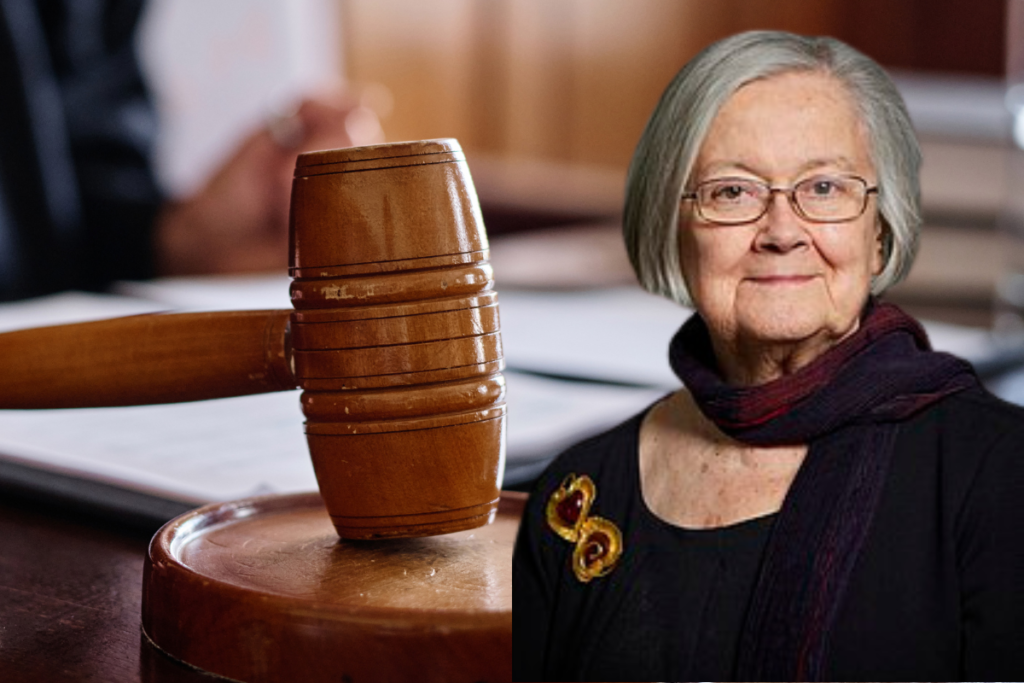As artificial intelligence (AI) becomes increasingly sophisticated, questions about human identity and uniqueness are taking center stage. A recent article in Forbes explores the evolution of “proof of human uniqueness” in the age of AI, examining how we can establish trust and verify humanity in a world where machines can mimic human behavior.
The article delves into the challenges posed by AI and the innovative solutions being developed to address them. The article highlights the growing concern about AI’s ability to generate realistic text, images, and even videos, making it increasingly difficult to distinguish between human-created content and AI-generated content.
This raises significant implications for areas such as online security, combating misinformation, and preserving the integrity of digital information. The article explores various methods being developed to verify human identity, including biometric authentication, blockchain technology, and cryptographic techniques.
The article also discusses the ethical considerations surrounding proof of human uniqueness. It raises questions about privacy, data security, and the potential for misuse of these technologies.
The need for transparency and accountability in the development and deployment of these solutions is emphasized. The article suggests that a multi-faceted approach is needed, combining technological solutions with policy and regulatory frameworks, to effectively address the challenges posed by AI.
The quest for proof of human uniqueness is not just a technical challenge; it is also a philosophical one. As AI blurs the lines between human and machine, it forces us to reconsider what it means to be human. The article suggests that the future of human identity in the age of AI will depend on our ability to adapt, innovate, and collaborate.
It calls for a thoughtful and proactive approach to ensure that technology serves humanity and that human uniqueness is valued and protected.



